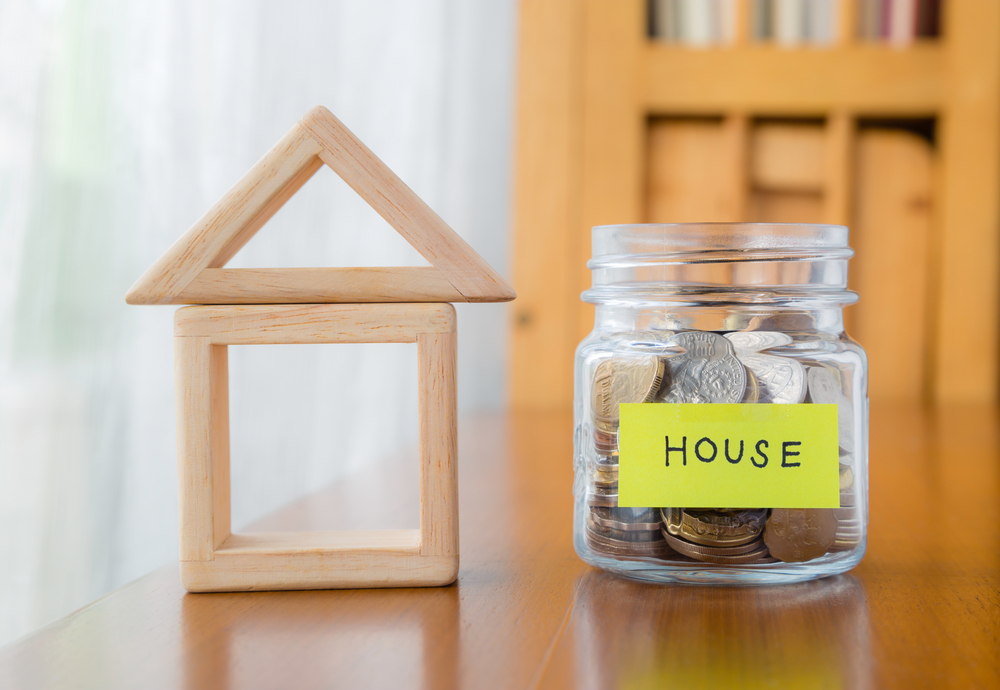Deposits are still seen as the greatest barrier to buying a home, according to new research from Halifax. The latest Halifax Housing Market Confidence Tracker shows that in the final quarter of 2015, 58% of people chose this as the biggest barrier to buying a property, up one point from the last quarter. Job security is […]
 Deposits are still seen as the greatest barrier to buying a home, according to new research from Halifax.
Deposits are still seen as the greatest barrier to buying a home, according to new research from Halifax.
The latest Halifax Housing Market Confidence Tracker shows that in the final quarter of 2015, 58% of people chose this as the biggest barrier to buying a property, up one point from the last quarter.
Job security is the number two reason, at 42% (no change).
Rising property prices were cited by 37% as the biggest barrier, up six points on the previous quarter, the highest since the survey’s inception.
Average UK house prices now stand at a record high of £208,286, while figures from Mortgage Advice Bureau revealed this week that the average deposit for a property rose by 15.0% last year to £81,721.
Craig McKinlay, mortgages director at Halifax, said: “Difficulties in raising a deposit, concerns about job security and high property prices remain the main barriers to people buying a home. The proportion identifying rising prices has risen to the highest in the survey’s history. The decline in affordability that this highlights is expected to dampen housing demand and property price growth over the medium term.”
Concerns about interest rate rises have fallen, with only 11% of respondents seeing this as a barrier, down five points from last quarter.
Earlier this month the Bank of England governor ruled out an early rise in interest rates, citing falling oil prices and weaker than expected inflation.
Mark Carney said that the plummeting oil prices, volatility in China and poor wage growth in the UK had dragged down inflation, therefore delaying the need for a rise in interest rates.
Half think mortgage interest rates will be higher in 12 months’ time, down from 58% in September.
Confidence remains high
Confidence in the UK housing market remains strong despite concerns about the wider economy.
A majority of people believe the average UK property prices will be higher 12 months from now (+61 compared to +68 in May 2015), with 13% saying it will be at least 10% higher.
However, the number of people that are optimistic about the Britain’s general economic conditions improving over the next 12 months has dropped sharply over the same period (-1, compared to +26 in May 2015).
McKinlay said: “Solid economic growth, rising real earnings and falls in already very low mortgage rates are all stimulating housing. At the same time, there is an increasingly acute imbalance between supply and demand, which is causing property prices to rise at a robust pace.
“This situation, which is unlikely to reverse significantly in the short-term, is reflected in the public’s continuing high levels of optimism regarding house price growth over the coming 12 months.”
The number of people positive about selling has risen by three percentage points to 55%, while the proportion who expect it to be a bad time to sell is down three points in the same period to 29%.














